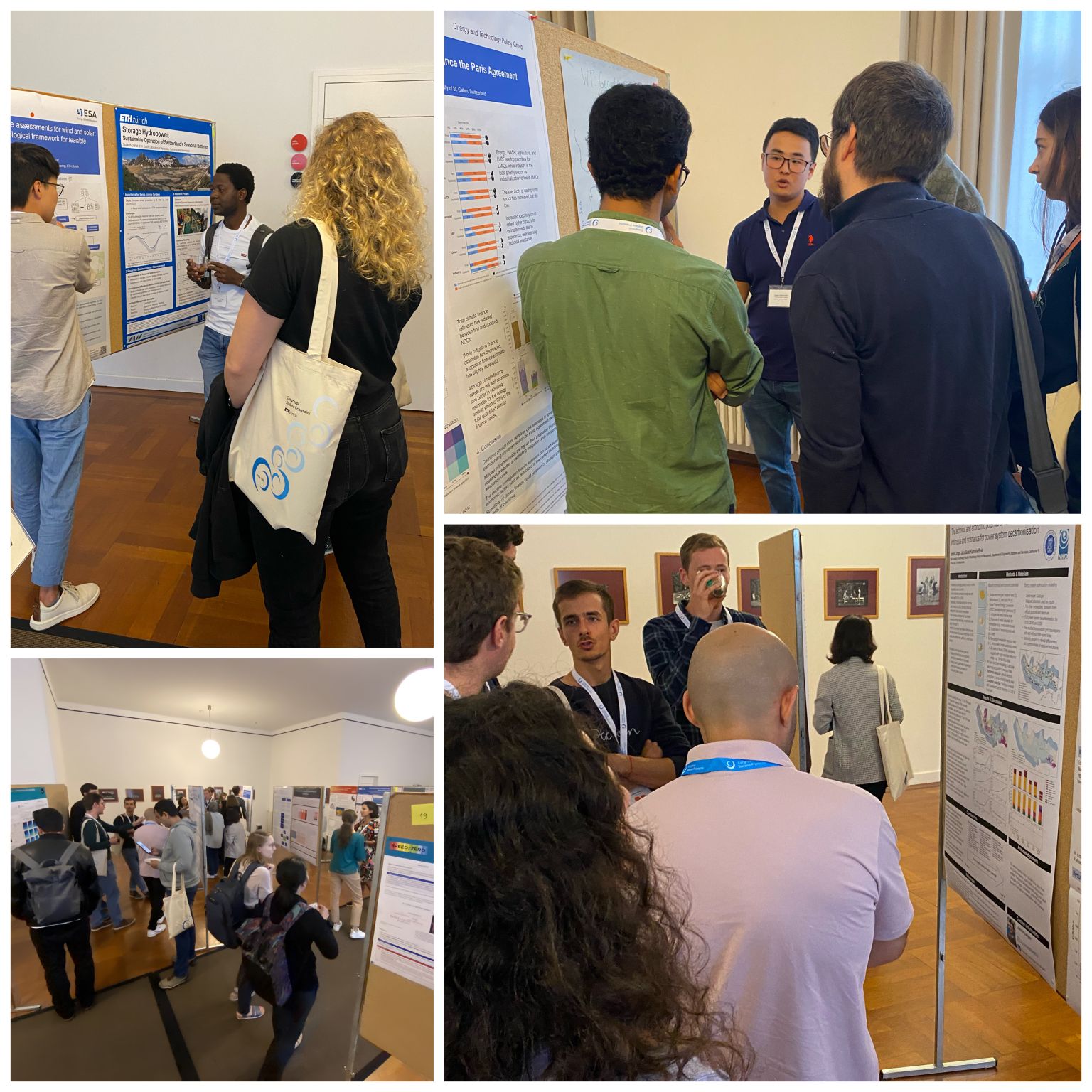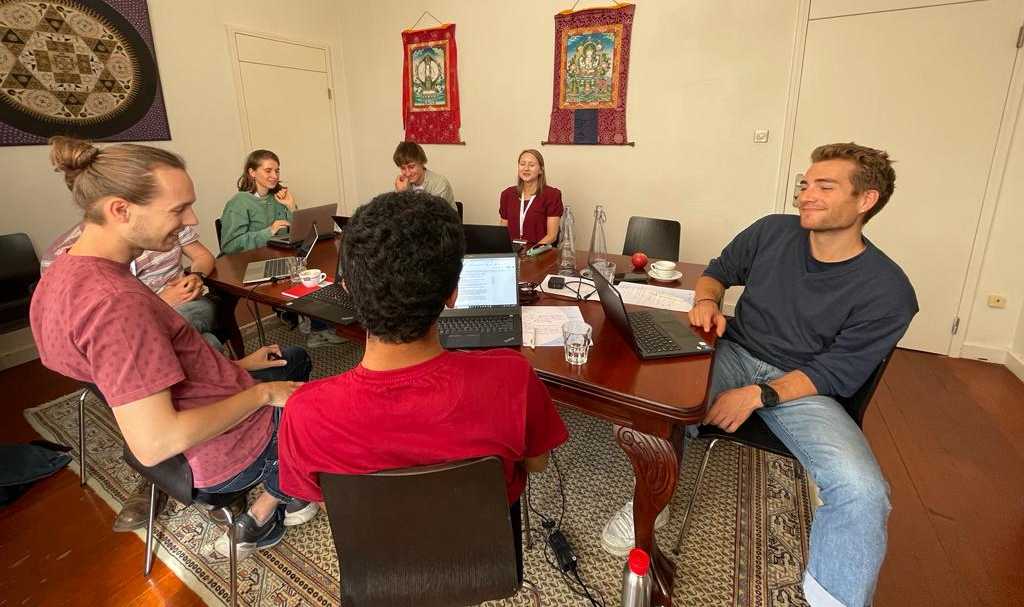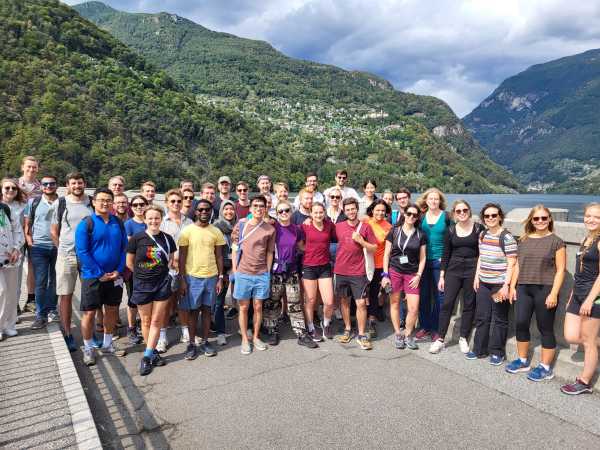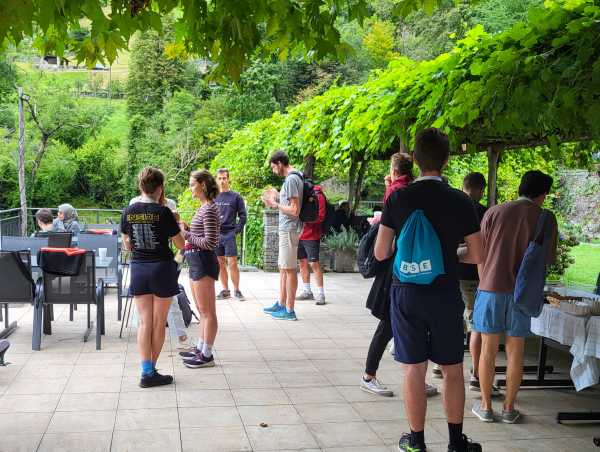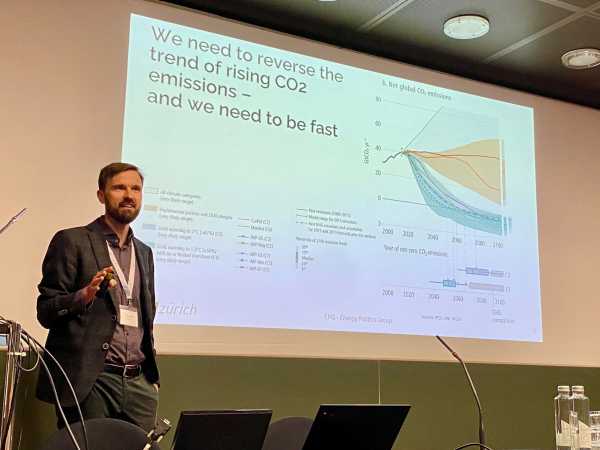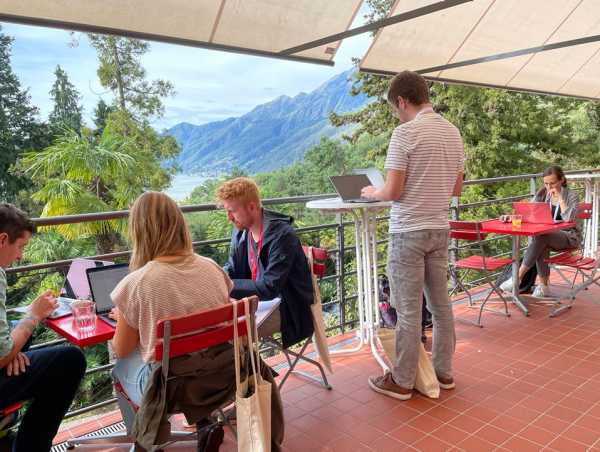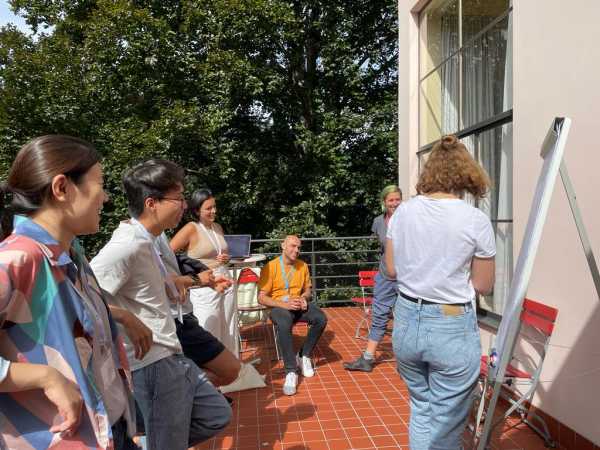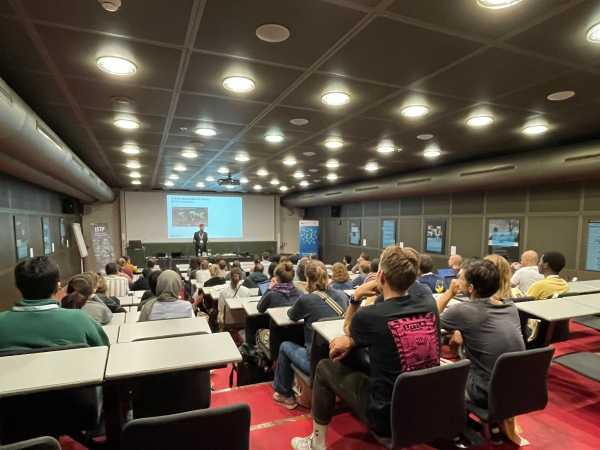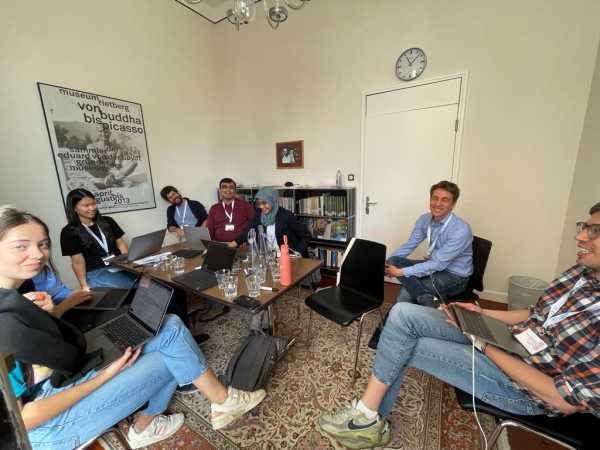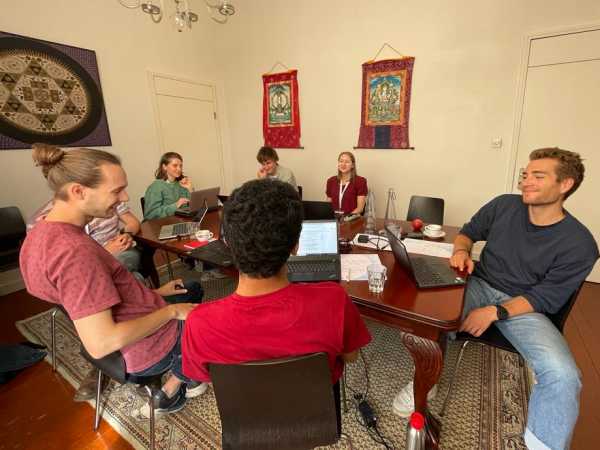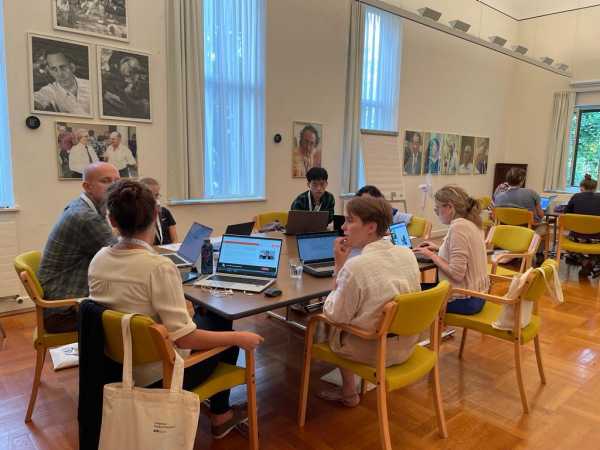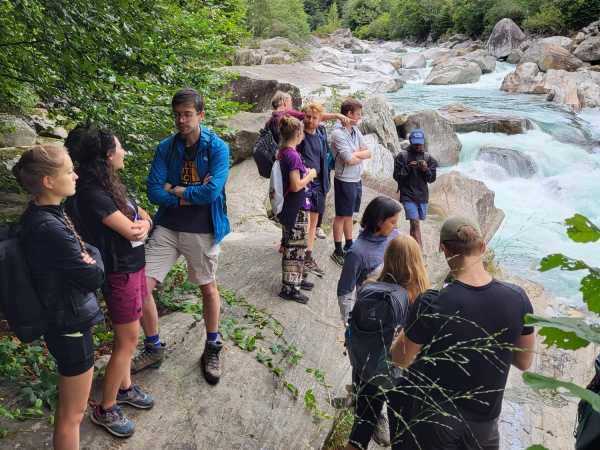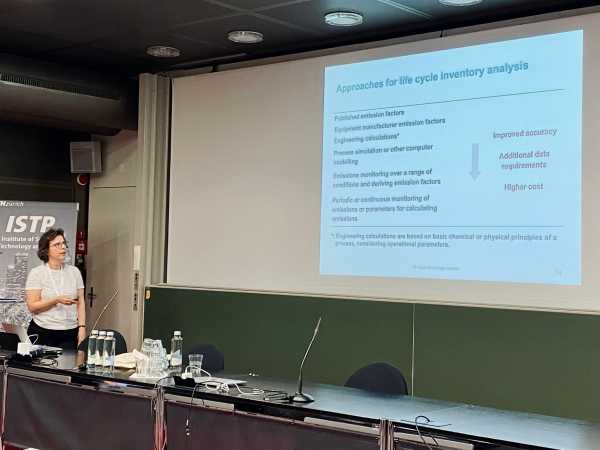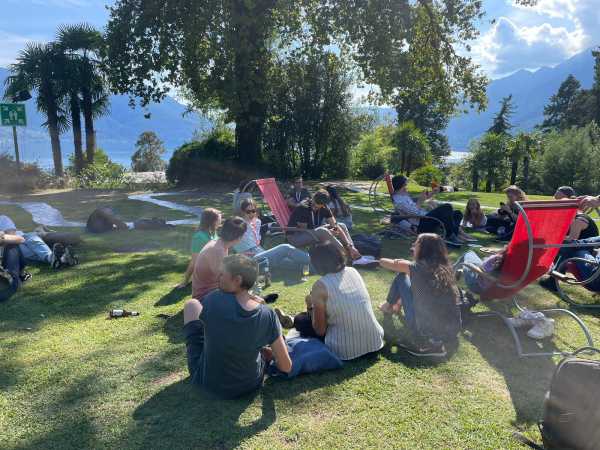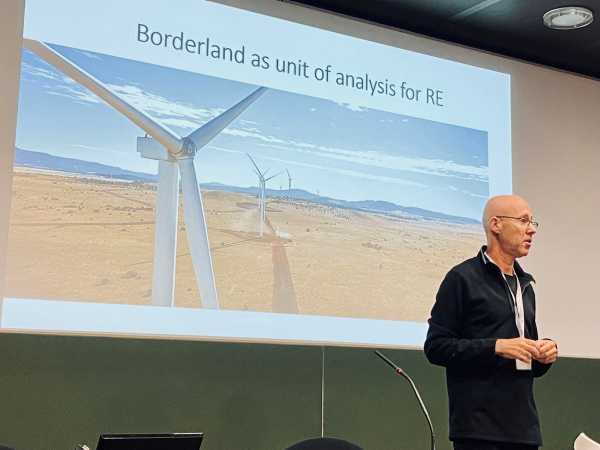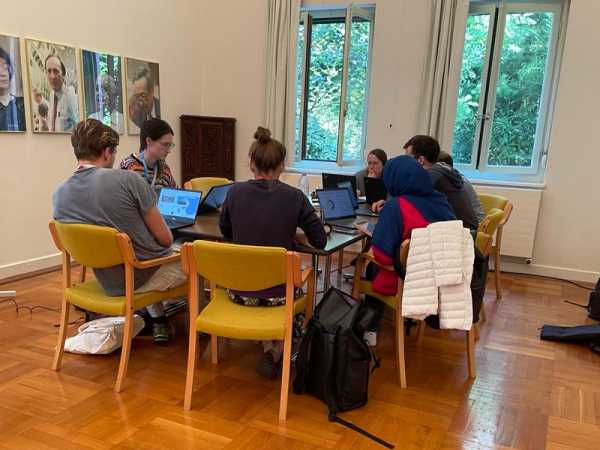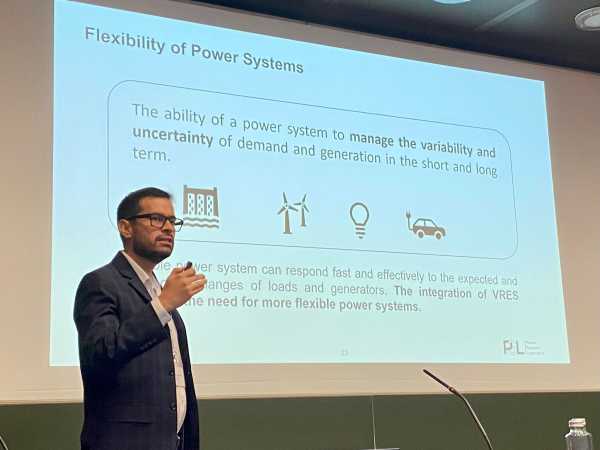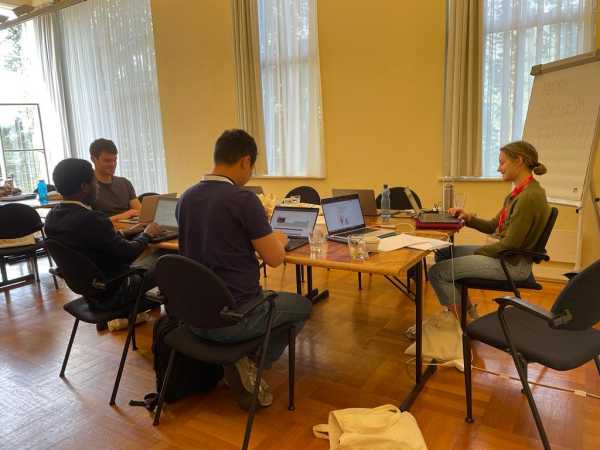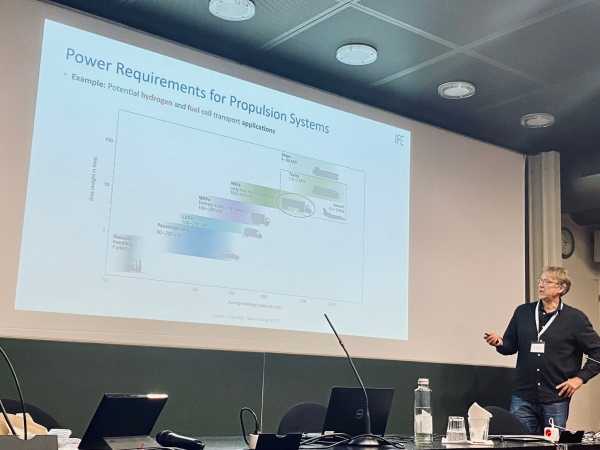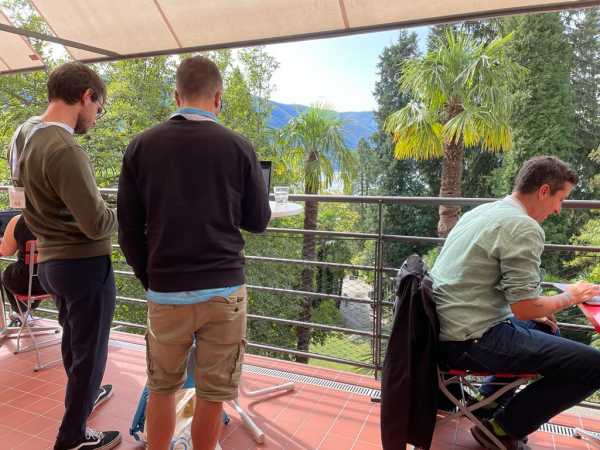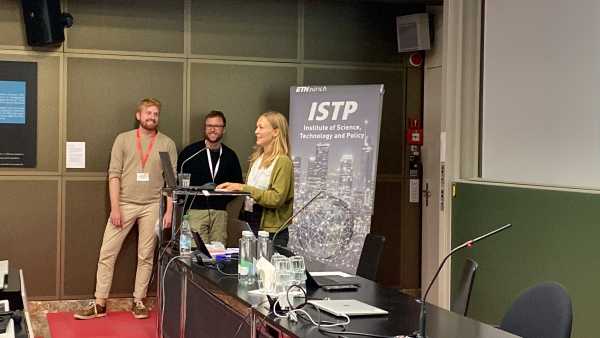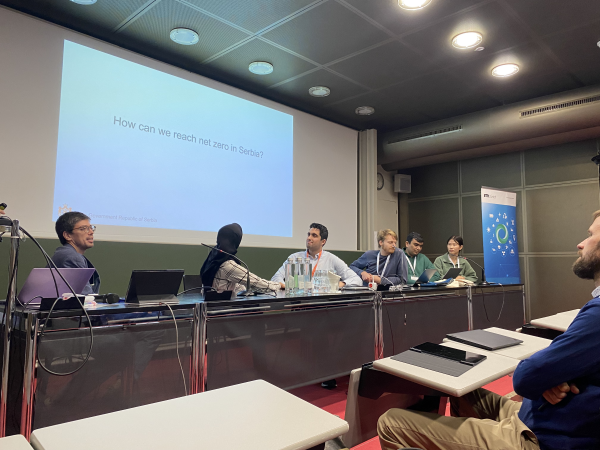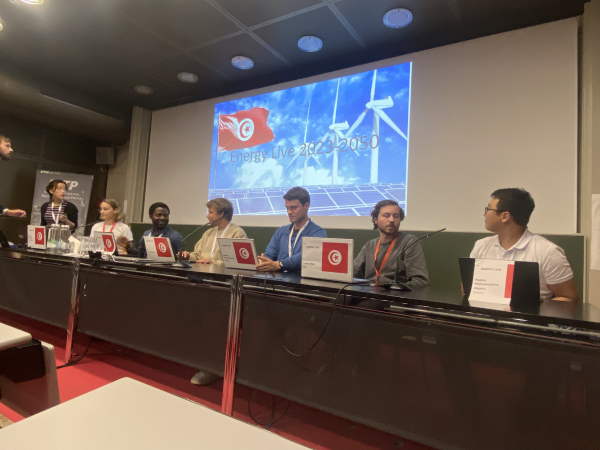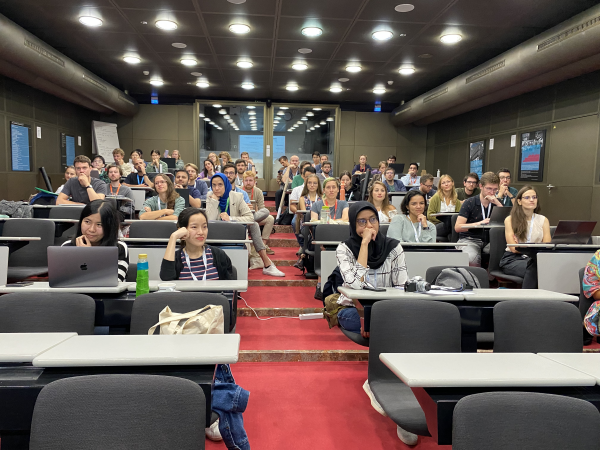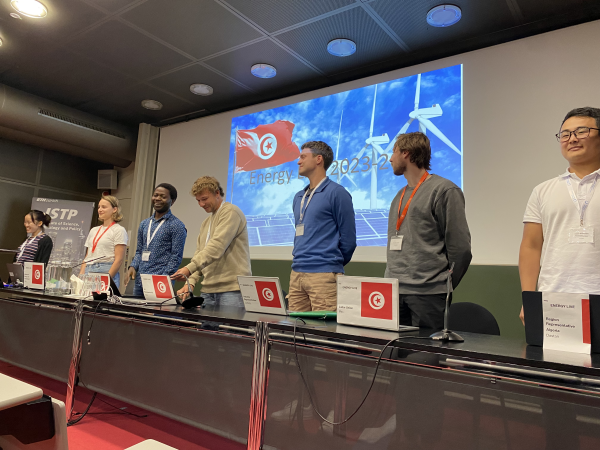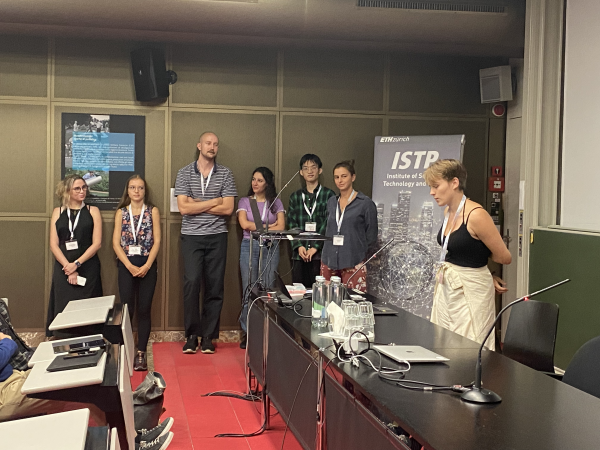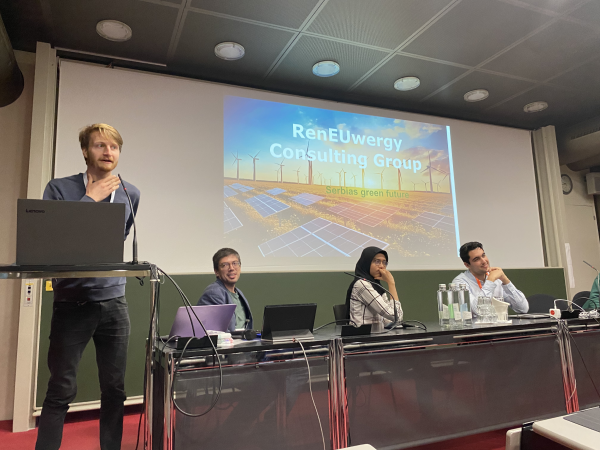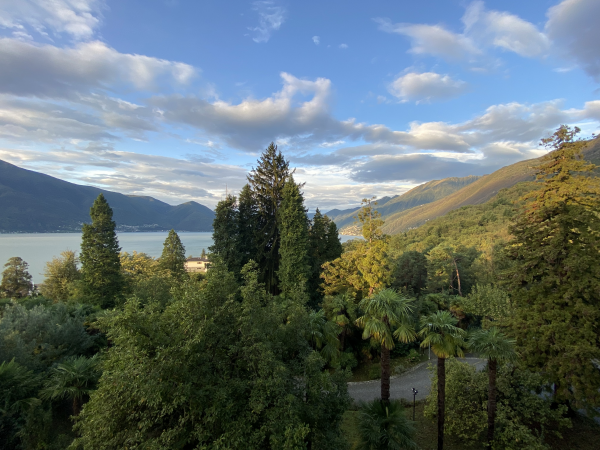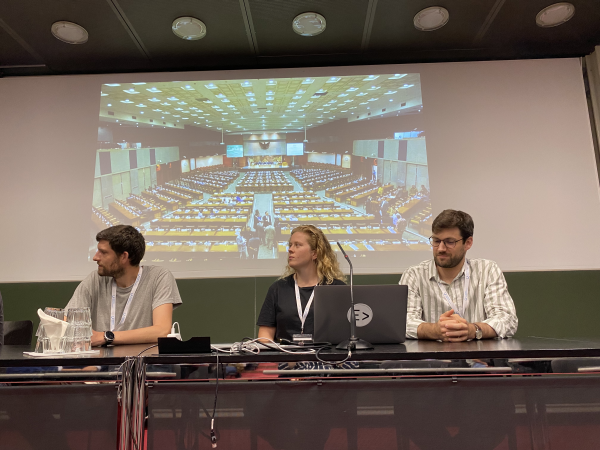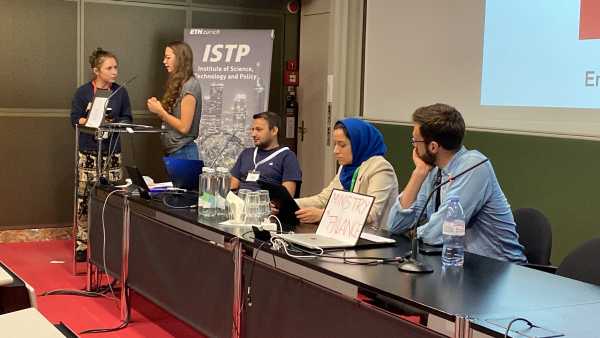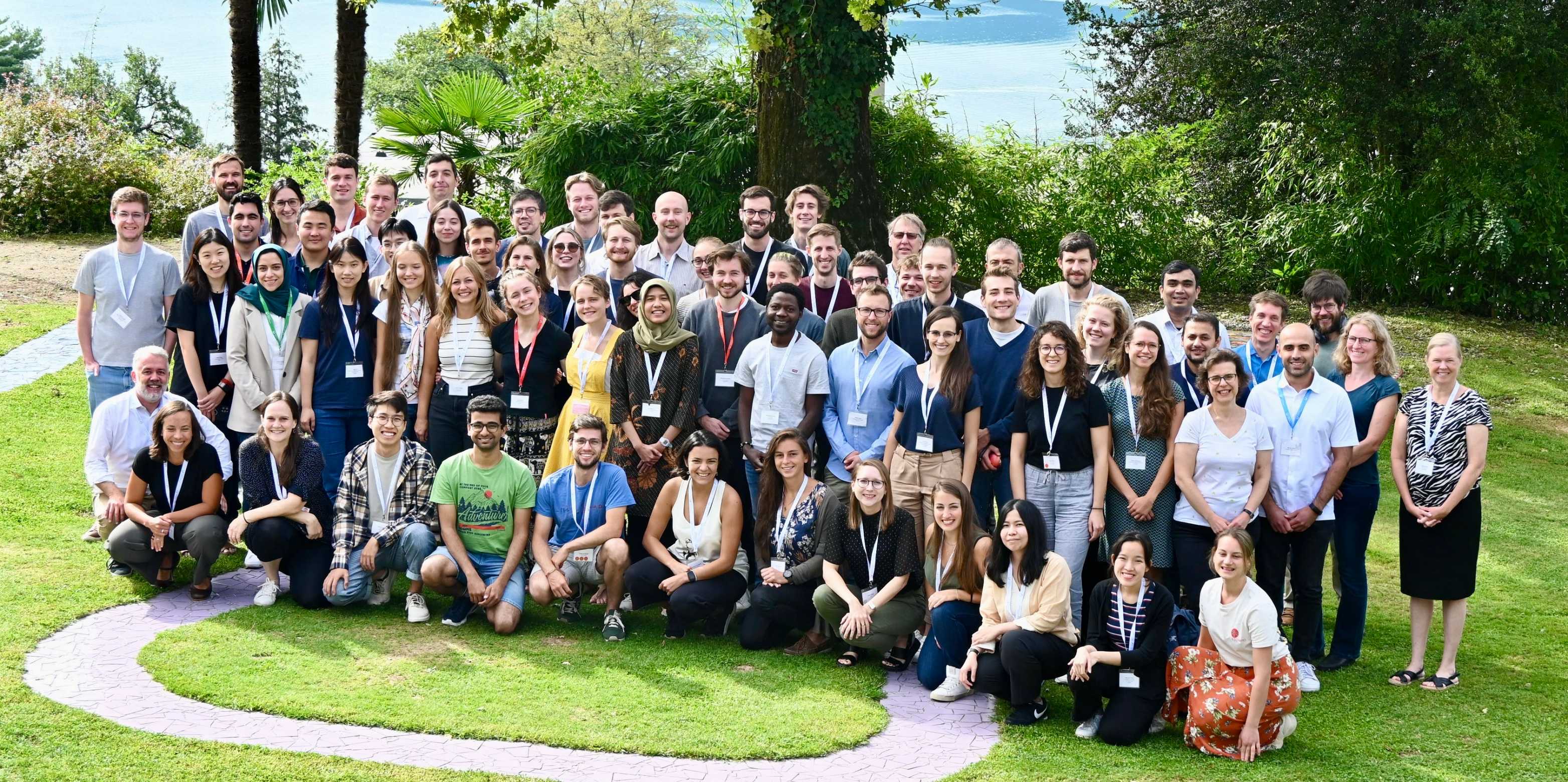
Successful Conclusion of the 2023 Summer School on Energy Technology, Policy, and Politics: A Step Towards a Net-Zero Emissions Energy System
After a week of interactive keynotes, torrential rain, case study analysis, thunderstorms, and captivating poster presentations, the 2023 Summer School on Energy Technology, Policy, and Politics has officially come to a close.
Jointly organized by the Institute of Science, Technology, and Policy (ISTP) of ETH Zurich and the Energy Science Center (ESC), the summer school provided a platform for experts and participants from various fields to tackle the complex issues surrounding sustainable energy solutions.
Under the theme "Energy Technology, Policy, and Politics – How to Build a Net-Zero GHG Emissions Energy System," the week-long event unfolded at Monte Verità in Ascona, Switzerland, from August 27 to September 1, 2023. The summer school aimed to shed light on the multifaceted challenges and opportunities of creating a sustainable energy supply for the future while adhering to the imperative of achieving net-zero (or even negative) greenhouse gas emissions.
Not only was the theme of the summer school centered around sustainability, but also the details that went into the planning and execution of the event. During the week, participants enjoyed vegetarian and vegan meals and even the travel choices of the participants aligned with ETH Zurich’s sustainability goals. The majority of the attendees opted for eco-friendly travel options, such as train journeys to reach the event site. Some keynote lecturers and participants traveled considerable distances by train and even navigated challenges such as re-routed trains due to the Gotthard incident. Undeterred by these obstacles, participants arrived highly motivated and ready to contribute to the discussions.
The participants engaged in a rich program that included 12 keynotes that covered a wide area of topics related to energy technology, policy, and politics. There was a lot of positive feedback between speakers and participants, with the speakers being impressed with the enthusiasm, motivation, and interest of the participants, and participants equally pleased with the content and the approachability of the speakers.
Throughout the week, participants showcased their research through scientific posters about energy technology, policy, and politics. The poster sessions provided an invaluable opportunity for presenters to receive feedback from both peers and speakers, covering a diverse array of topics, including chemistry, renewables, the built environment, transportation, storage, modeling, digitalization, innovation, politics, and social motivators driving the energy transition.
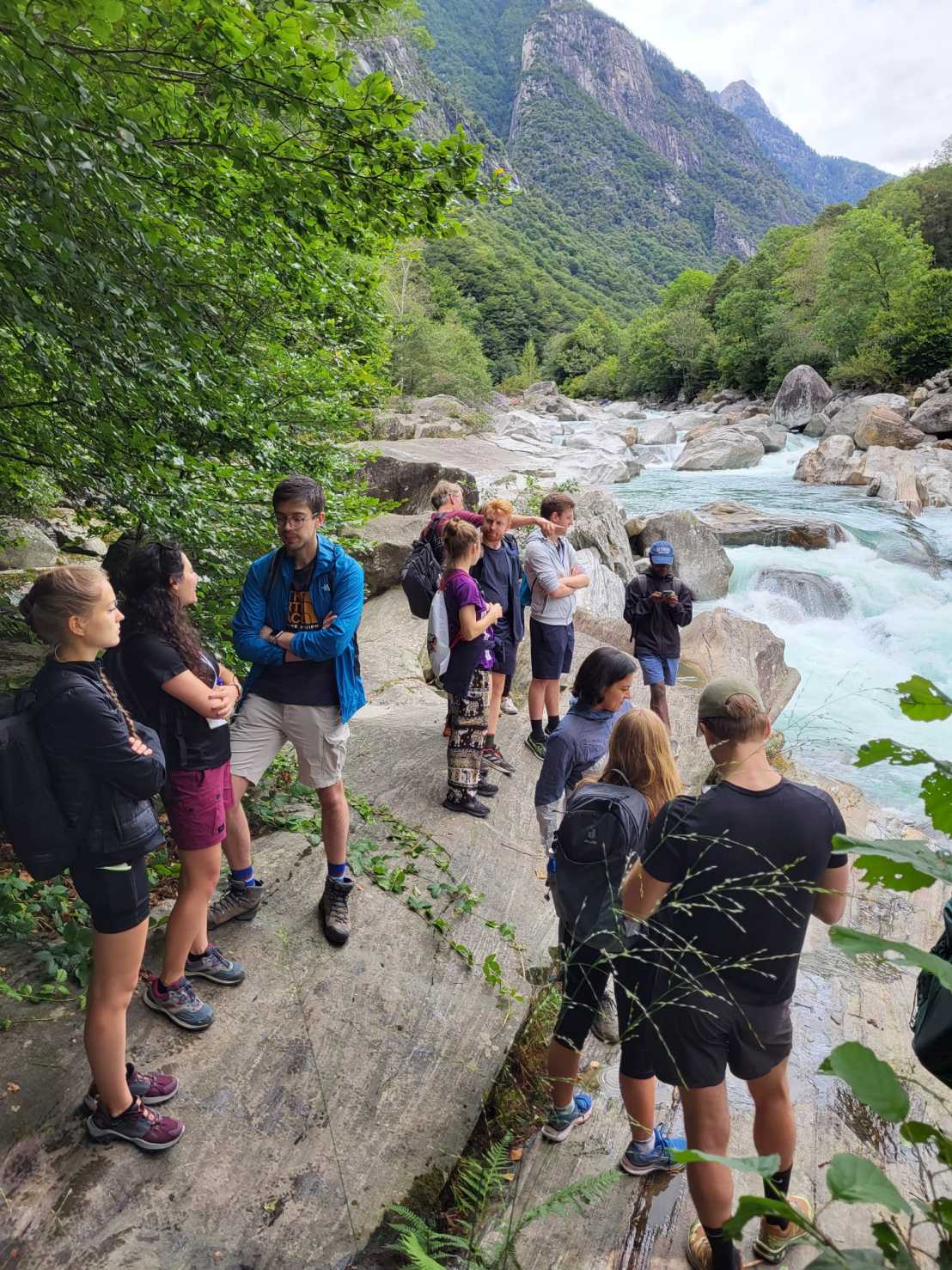
The week also featured exciting excursions, including visits to the Verzasca Dam, a Waste Incinerator in Giubiasco, and hikes in the scenic Verzasca Valley. The excursions featured captivating presentations, with the visit to the waste incinerator leaving the group so intrigued that it prompted an extended visit.
Another highlight of the summer school was the exploration of case studies, which aimed to deepen understanding of the complexities, interrelationships, opportunities, and risks associated with various national pathways toward a net-zero greenhouse gas economy. Participants displayed exceptional creativity in their final presentations, incorporating videos, role-play, interview simulations, and even poetry and music to convey insights into the technological, economic, social, and geopolitical dimensions of energy transitions in different countries. This approach made the learning both enjoyable and demonstrated participants' grasp of the challenges and opportunities for creating sustainable, low-emission energy policies over time.
In conclusion, the week's collective insight underscored the challenges posed by the climate crisis, particularly in relation to the politics and lobbying necessary to confront fossil fuel companies and safeguard our planet. However, participants also contributed their own ideas of how to tackle the future and were optimistic about recent advancements in climate and energy policy, as well as technological innovation. To sum up the week, the participants used this word cloud to convey their thoughts on the summer school:
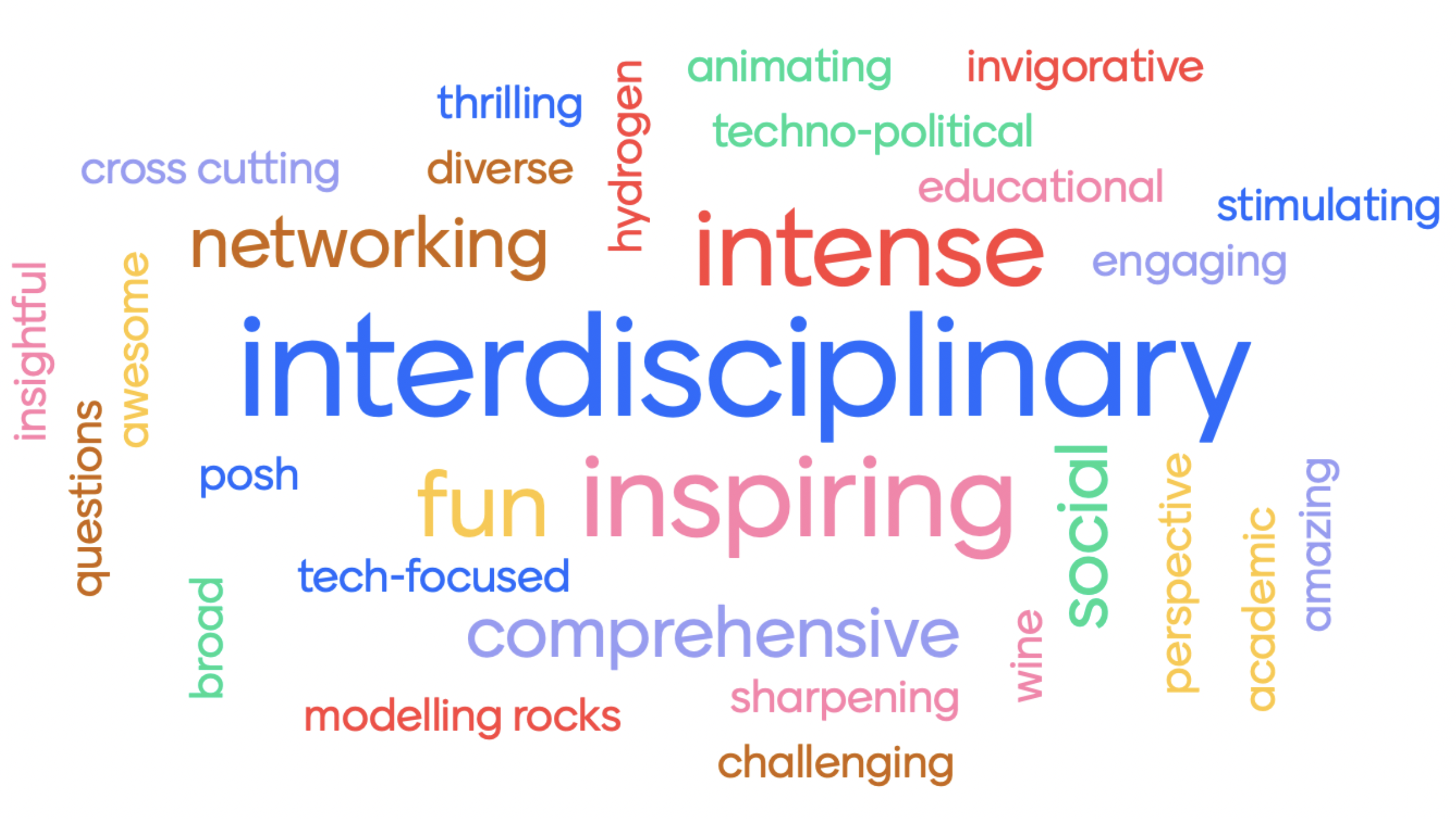
Overall, everyone left satisfied with the rich exchange of ideas, embracing participants from diverse fields of study who shared their motivation, creativity, and dedication to a common cause. It was a truly inspiring experience, and we congratulate all participants for a successful learning experience. Furthermore, we thank all of the lecturers and organizers involved for making this year's iteration a memorable and meaningful learning experience.
The collaboration between ISTP and ESC, with support from the Congressi Stefano Franscini, facilitated the creation of an engaging and impactful platform. The summer school achieved its goal of fostering an environment where young scientists could delve into the transformation and decarbonization of the energy system.
Check out the summer school webpage for more information on the summer school.
